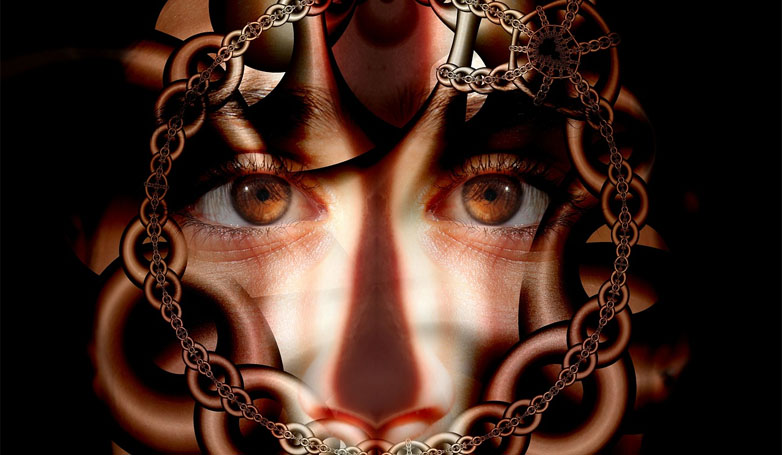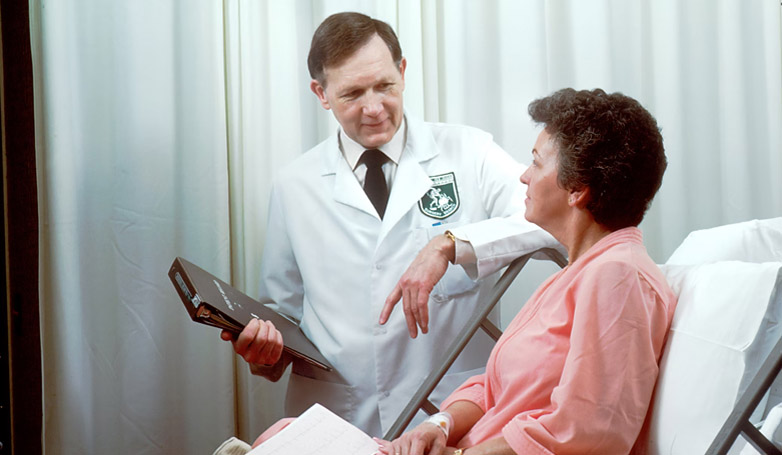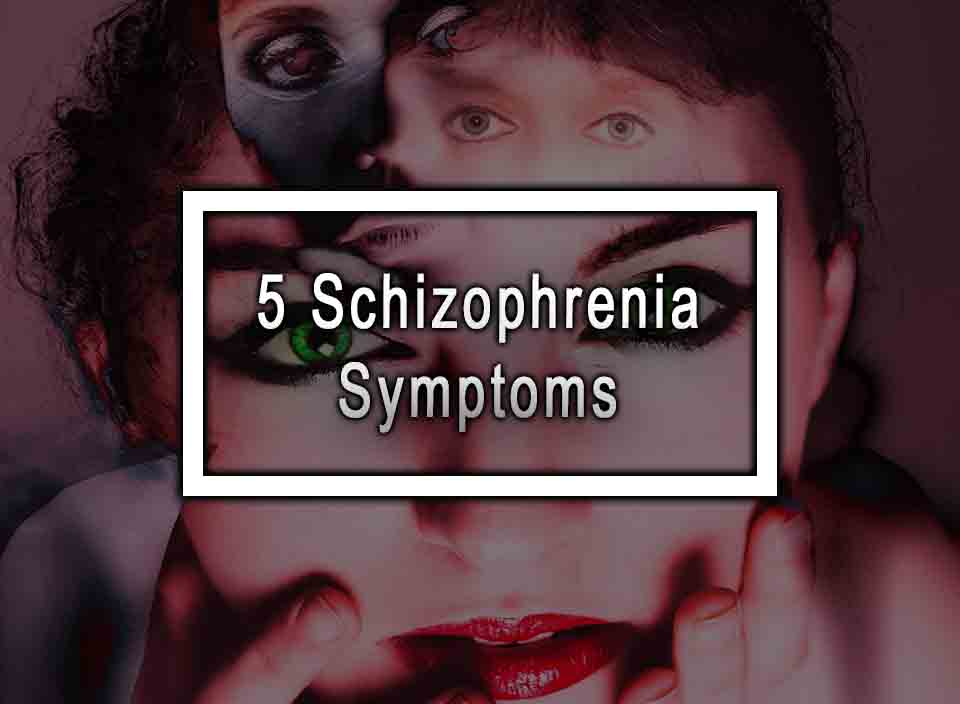Here Are Some Schizophrenia Symptoms
Schizophrenia is a severe mental disorder that affects a person’s thoughts, feelings, and behavior. It is a chronic and disabling condition that can significantly interfere with a person’s ability to function and live a normal life. The symptoms of schizophrenia can be challenging to diagnose and treat, and they can vary widely from person to person. In this article, we will discuss the common symptoms of schizophrenia and how they can impact a person’s life.
Delusions

One of the schizophrenia symptoms is delusions are false beliefs that are not based on reality. They can be paranoid, grandiose, or referential. Paranoid delusions are the most common type of delusion in schizophrenia. A person with paranoid delusions may believe that someone is out to get them or that they are being watched. Grandiose delusions involve a person believing they have special powers or abilities. Referential delusions involve a person believing that everyday events or objects have a special meaning that only they can understand.
Hallucinations

Hallucinations are one of the schizophrenia symptoms this sensory experiences that are not based on reality. They can involve seeing, hearing, feeling, or smelling things that are not there. Auditory hallucinations are the most common type of hallucination in schizophrenia. A person may hear voices that are not there or believe that they are receiving messages from a higher power. Visual hallucinations can also occur, but they are less common.
Disorganized Speech

People with schizophrenia may have difficulty communicating their thoughts and ideas. They may speak incoherently or say things that do not make sense. Their speech may be disorganized and difficult to follow.
Disorganized Behavior
People with schizophrenia may also exhibit disorganized behavior. They may have difficulty completing tasks or following a routine. They may also exhibit inappropriate behavior, such as laughing at inappropriate times or behaving impulsively.
Negative Symptoms
Other schizophrenia symptoms are negative symptoms, which refer to a lack of normal behaviors and emotions. People with schizophrenia may exhibit a lack of emotion, motivation, and pleasure in activities. They may also have difficulty expressing themselves and may appear to be socially withdrawn.
Impact of Schizophrenia Symptoms on a Person’s Life

The symptoms of schizophrenia can have a significant impact on a person’s life. They can interfere with a person’s ability to work, go to school, and maintain relationships. The delusions and hallucinations can be frightening and overwhelming for the person experiencing them. Disorganized speech and behavior can make it difficult for people to understand and communicate with a person with schizophrenia. The negative symptoms can make it challenging for the person to find joy in life and maintain social connections.
Diagnosis and Treatment

Diagnosing schizophrenia can be challenging because the symptoms can be similar to other mental health conditions. A mental health professional will conduct a comprehensive evaluation that includes a physical exam, medical history, and psychological evaluation. They may also perform lab tests to rule out other medical conditions.
Treatment for schizophrenia typically involves a combination of medications and psychotherapy. Antipsychotic medications can help reduce the symptoms of schizophrenia, including delusions and hallucinations. Psychotherapy can help people with schizophrenia learn coping skills and manage their symptoms. Family therapy can also help improve communication and understanding between family members.
Conclusion
Schizophrenia is a severe and disabling mental health condition that can significantly impact a person’s life. The symptoms of schizophrenia can be challenging to diagnose and treat, but with proper treatment, many people with schizophrenia can manage their symptoms and lead fulfilling lives. It is essential to seek help from a mental health professional if you or someone you know is experiencing symptoms of schizophrenia. With the right treatment and support, people with schizophrenia can lead productive and meaningful lives.
Schizophrenia Symptoms FAQs
Here are the most common questions about schizophrenia symptoms.
1. When do symptoms of schizophrenia typically appear?
Symptoms of schizophrenia can appear at any time, but often first emerge in the late teens or early adulthood.
2. Are there any warning signs of schizophrenia?
Warning signs of schizophrenia can include changes in behavior, such as withdrawing from social situations, neglecting personal hygiene, experiencing unexplained mood changes, and expressing unusual or bizarre beliefs.
3. What causes schizophrenia?
The exact cause of schizophrenia is unknown, but factors such as genetic predisposition, imbalances in brain chemicals, and environmental factors may contribute.
4. Can schizophrenia be treated?
Yes, schizophrenia can be treated with a combination of medication, therapy, and support. Medication can help manage symptoms, while therapy can help with coping strategies and improving communication and social skills. Support from family and loved ones can also be an important aspect of treatment.
5. Is schizophrenia curable?
There is currently no cure for schizophrenia, but with appropriate treatment and ongoing support, many people with the condition can lead productive and fulfilling lives. Early diagnosis and treatment are important for the best possible outcome.












